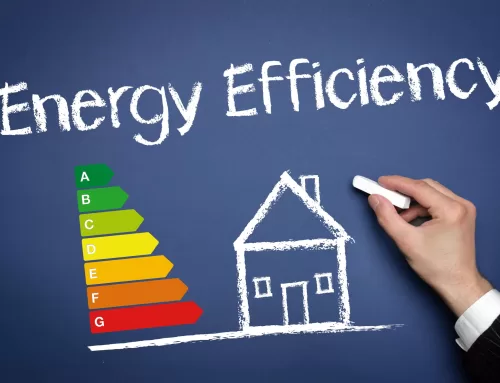What Landlords Need to Know About EPC and Energy Efficiency Regulations
Introduction
EPC regulations for landlords are crucial for ensuring your property remains compliant and attractive to tenants. However, before undertaking any energy efficiency upgrades, it is wise to consult a qualified Domestic Energy Assessor (DEA). Experienced assessors can provide tailored advice on which improvements will make the biggest impact on your property’s EPC rating, saving you both time and money. In this article, we’ll explore why seeking advice from a DEA is essential for landlords and how to make the most of energy efficiency upgrades.
Why Landlords Should Seek Advice from a DEA
An experienced Domestic Energy Assessor (DEA) is qualified to assess the energy performance of a property and recommend specific improvements that will have the greatest impact on its EPC rating. Consulting a DEA before starting any upgrades can save you time, money, and effort by ensuring that the energy efficiency measures you choose are the right fit for your property.
Here’s why getting professional advice is crucial:
The Benefits of EPC Compliance for Landlords
Attract Better Tenants: Properties with high EPC ratings are more attractive to tenants who are seeking to reduce their energy bills.
Boost Your Property’s Appeal: An energy-efficient property is more likely to stand out in a competitive market, increasing its value and rental demand.
Cut Costs and Minimise Voids: Properties with lower energy costs are more appealing to tenants, reducing turnover and void periods for landlords.
Access to Better Mortgage Rates: Many mortgage companies offer preferential rates for properties with higher EPC ratings, making energy efficiency improvements a financially savvy decision for landlords.
Common Energy Efficiency Improvements for Landlords
Here are some typical recommendations you might receive from an EPC assessment, along with product suggestions:
- Upgrade Insulation
-
- Loft insulation and cavity wall insulation can significantly reduce heat loss.
-
- Install Energy-Efficient Lighting
-
- LED bulbs use up to 90% less energy than traditional incandescent bulbs.
-
- Replace an Inefficient Boiler
-
- Modern condensing boilers are more energy-efficient and reliable. Always use a Gas Safe registered heating engineer.
-
- Fit Draught Excluders
-
- Seal gaps around doors and windows with draught excluders to keep heat in.
-
- Use a Smart Thermostat
-
- These devices help control heating schedules and reduce unnecessary energy usage.
-
- Install Renewable Energy Sources
-
- Solar panels or air-source heat pumps can transform your home’s energy efficiency.
-
What to Do Next
Before undertaking any energy efficiency improvements the first step for landlords, when considering EPC regulations, should be to consult a qualified Domestic Energy Assessor (DEA). They can help identify the best upgrades for your property, ensuring compliance with current and future EPC regulations while improving tenant comfort and reducing energy bills.
At Bluewire Hub Ltd, our team of qualified DEAs can provide professional advice and EPC assessments to guide you through the process of improving your property’s energy efficiency. Contact us today to schedule an assessment and ensure your property is compliant with the latest regulations.








